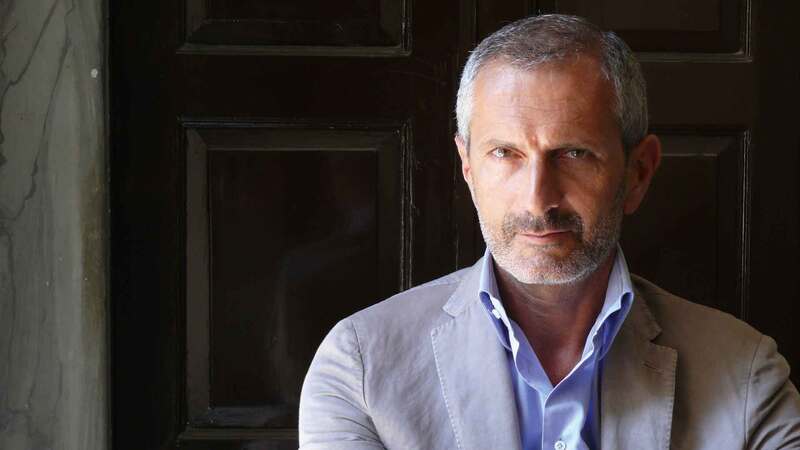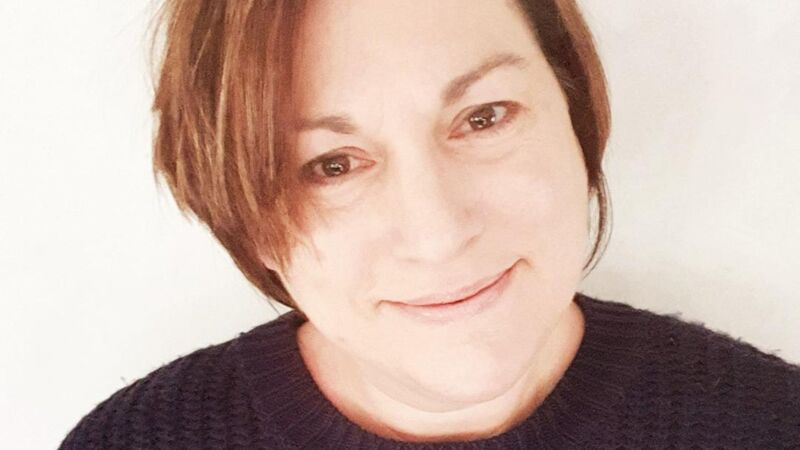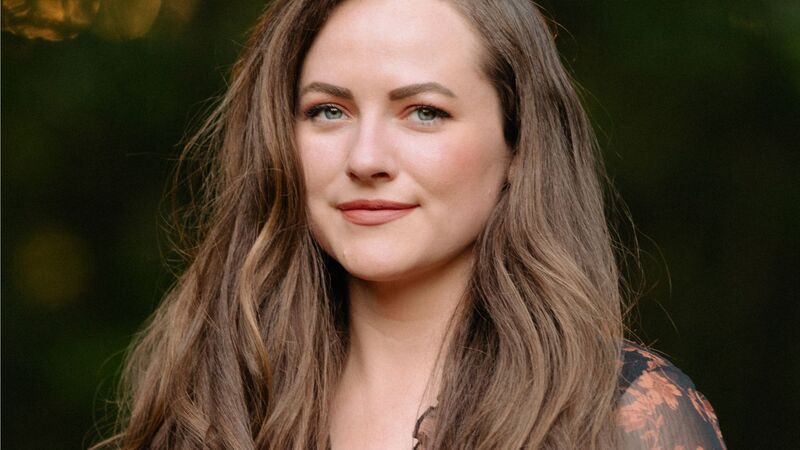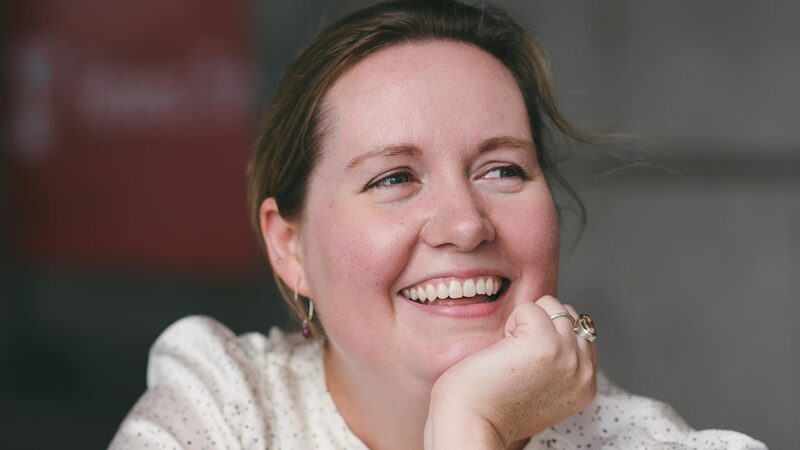You are viewing your 1 free article this month. Login to read more articles.
How to read a novelist
Ex-Granta editor in chief John Freeman has compiled a collection of some of his interviews with authors. We talk to him about interviewing, why only certain types of authors receive column inches and the importance of prizes.
Do you think it’s important to get to know writers outside of their work?
It’s hard to separate the difference between their life and their work in many cases. When I went to uni the idea that the writer was alive was sort of verboten. You looked at the text, you applied critical theory to the text and the writer’s life, and their ideas about what they wanted their book to be was irrelevant. That was in the mid 1990s, and when I graduated I fell back in love with reading because I suddenly realised that writers were alive; they were making these books themselves by hand through failure and through experience. Some writers I fell in love with through the very nature of what they were doing, and that’s very hard to separate from them as people.
I think you can go overboard and turn writers into celebrities, but writers are not celebrities. They’re not about what they look like. The reason we get so excited is because it’s spooky that someone who lives inside your head, the many voices they create, is actually this flesh and blood, and I think it’s always inspiring to discover that, even if the writer themselves just says ‘all I do is sit in a room and make things up.’ Just hearing that sometimes can make what they do that much more magical.
You have interviewed more than 300 authors during your career. Which ones have stood out to you?
There are so many different kinds of intimacy. There’s personal intimacy, where you make a connection at some point in the interview – one of the people I interview in the book is Geoff Dyer, and we really clicked about what his book was about. At one point he said: ‘this is the point where the interviewer crawls inside my head and realises he’s been living there before the book was out.’
Other kinds of intimacy are just political symaptico-ness. I interviewed Doris Lessing and we were on the same wavelength about human rights and humour, which don’t usually go together, but we had a great conversation. Edmund White was one of my favourite interviews, because he’s the warmest gossip you’re ever come across; he collects information out of pure fascination with people – that mean-spirited desire to have dirt on people – he just loves the human animal.
Zadie Smith once said that “writers are useless speakers”. Would you agree?
I completely disagree. If you’ve ever heard Philip Roth tell a story or Aleksandar Hemon or Norman Mailer, a lot of writers are great storytellers and talkers. They listen to the language; they listen to the vernacular, the way it moves, and they try to capture that, the dynamism of the language and how people use it in everyday life. Especially American writers – they try to capture that in their work, and so some of them – Junot Diaz, for instance is an amazing talker, he could have a cult if he wanted one. He could be both incredibly funny, sincere, charming and profound all in the same paragraph of talk, and that’s why it’s fun to talk to writers because if you can get them going, if you can make them feel like you’re there to listen, they can do in person what they do on the page.
They say you should never meet your heroes. Are there any authors you wish you hadn’t met?
Very few – definitely not anyone in this book. There were a few people I didn’t include who weren’t heroes but we didn’t click. Some of them were not novelists, like Bernard Henri Levy, the French philosopher. We were sitting in a $600 a night hotel lobby and his seat was taken by a group of bankers and all the way through the interview he worked his way up the hotel chain until he had the owner of the hotel kneeling between his legs, apologising. There were two things happening: he was talking about how much he loved the social mobility and the sense in America that you can start over, and on the other hand he was being the biggest snob I’ve ever come across. And I couldn’t tell if he was doing it as an art performance or if it was just him being unable to control himself, but I left there thinking wow, you’re a very complicated guy.
Do you usually interview writers in their homes?
Not so much here [in the UK]. I think because there are so many newspapers and because of the competition between newspapers, there’s this desire for a scoop, even if it’s a minor one. I think the interview culture here is looking for that moment when the writers has food in their teeth or is revealed to be not the god that they are but really just flesh and blood – fallible – so I think most of them try not to meet you in their homes. Whereas Americans are: ‘hey! Come in!’ because there is mobility of a different sort. There’s a huge gap between rich and poor in America and mobility is more of a fiction than a reality, there is still this sense that you don’t have to be ashamed to be wealthy or successful, that’s actually a good thing, no-one’s going to take you down for it. Whereas here if you go to a writer’s house, and it’s a nice house and they have nice stuff, I think writers rightly assume that could be a source of envy, whereas in America it’s: ‘you’re successful, good for you’.
Interviews in newspapers and magazines tend to only be with literary authors. Why do you think that is, and do you think there should be more in-depth interviews with commercial authors?
There should be, especially with crime writers, because they’re investigating that fracture in society, which is where crime comes in. They more than anyone are going to know what’s wrong with society, and that’s often what happens with author interviews – the author is becoming a kind of lightning rod for the culture at large, and you want them in some ways to explain the culture to you – through their book, through their life and through talking about it – so I don’t know why more commercial writers don’t get interviewed.
Some of them are fascinating; I once read an interview with Robert Harris and I think he’s the only author ever interviewed where it was described he was driving to the interview in a Lamborghini. He had had quite a roundabout, odd journey to becoming a writer, and it’s a shame because there is some snobbery involved in the selection. That’s why when I put [my book] together, I wanted to include at least a few writers who worked in crime or fantasy fiction or popular fiction. Tom Walsh says in an interview with me, the first rule is you have to entertain. Entertainment can mean many things, but grabbing the reader and making them imagine that world you put them in is the first step.
Prizes for debut and new authors are becoming more important than ever to get them noticed. Is this something that worries you, especially with the Booker now being open to all English language writers?
I definitely think we should worry about this. Because reviews sections are smaller, there’s less reviews and there’s more ‘what does this writer have on their desk?’ kind of photo-spreads, it means there are less things that excite us intellectually about reading a book. And so now there are more prizes, because someone has to tell someone to read a book. If it’s a good one, like the Booker or the Llewellyn Rhys Prize or the James Tate Black Memorial Prize, they have amazing records of choosing books so people go and buy the books. The downside of this is if you don’t get that prize and you don’t get the reviews your book is pretty much invisible, and even if it’s published and it might be in a few stores how are people going to know about it? It’s a vicious cycle. But the upside of it is it’s making it better to work and live on the margins – smaller publishers, new journals, hopefully some day some new literary reviews which can guide people. But a literary review is different to a newspaper because everyone who reads it has already decided in advance that they like writing and books, whereas a newspaper is any old Joe Schmo on the train.
What’s next for you?
I’m teaching in New York at Columbia University and I’m writing a book about American poetry. If you think novels are in dire straits because they can’t get prizes and no-one knows about them, no-one knows what to make of [poetry] because there’s been a complete break-down in what we believe and can agree upon as good poetry. It’s become slightly esoteric, so poets are talking only to poets or people who know how to decode the poetry. Not all of them know, and I think there are some great American poets alive, so I’m trying to write a survey book called The Alphabet of American Poetry, which will update a book that came out in the late 1960s. It will look at what the best poetry is, why it’s great and why people should read it.
How to Read a Novelist is out now, published by Constable & Robinson.















